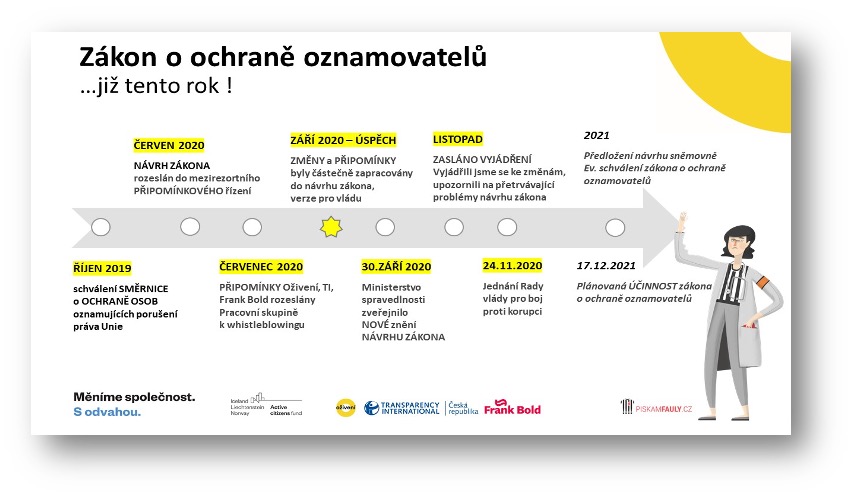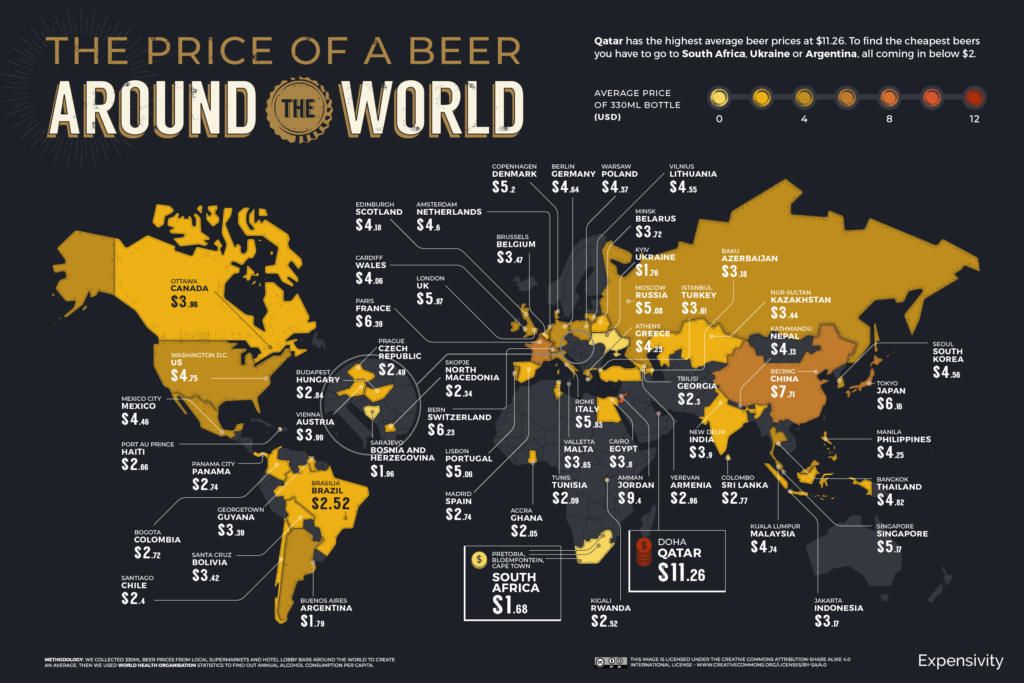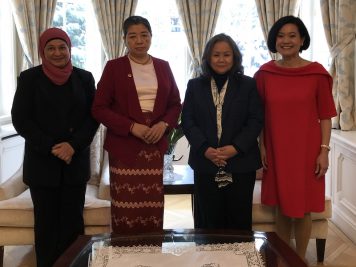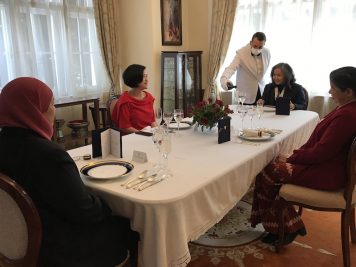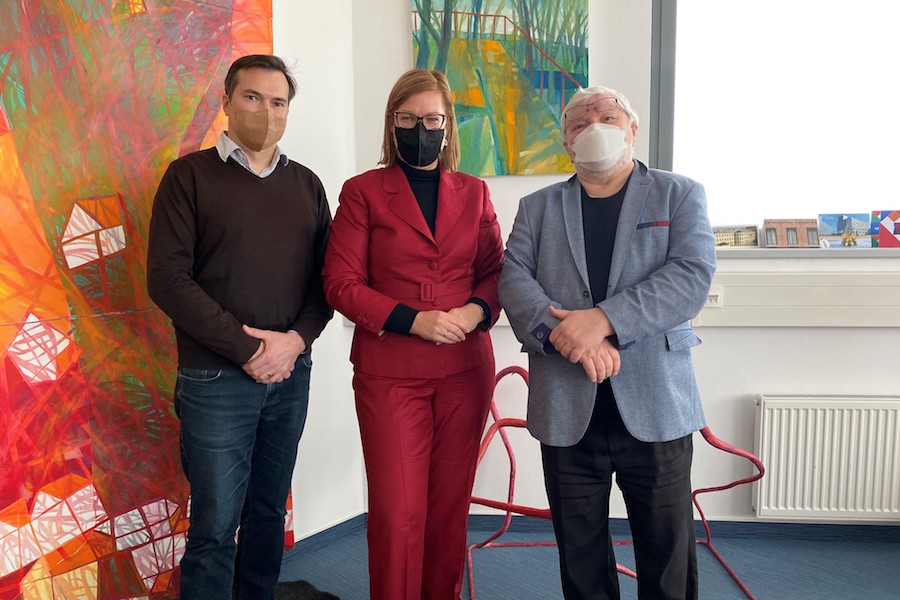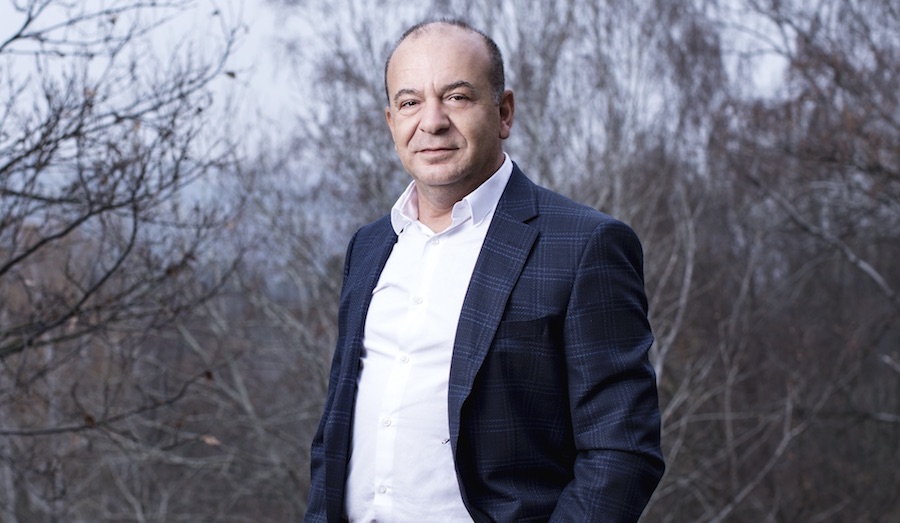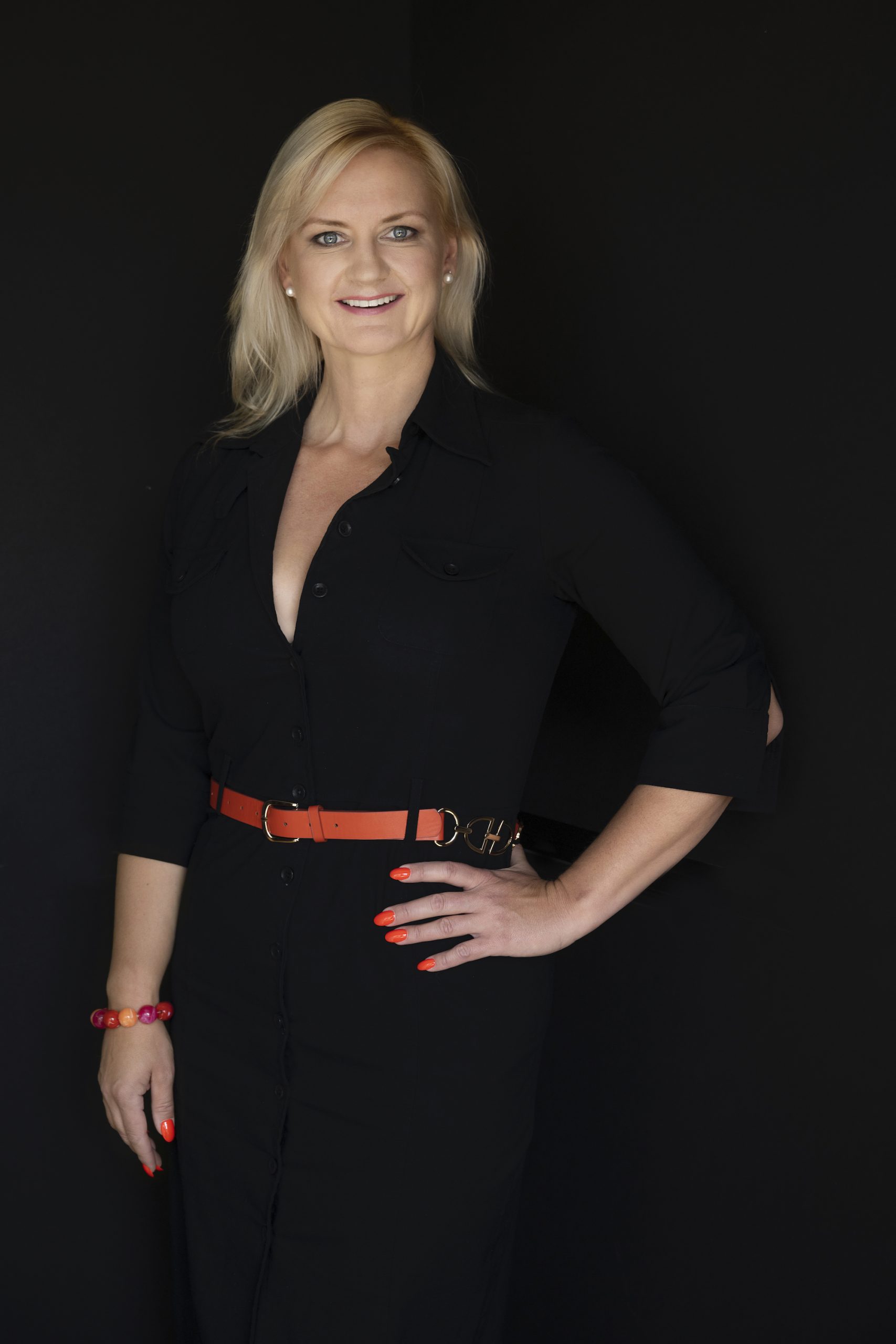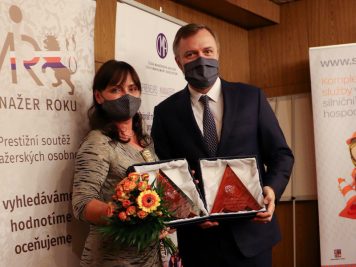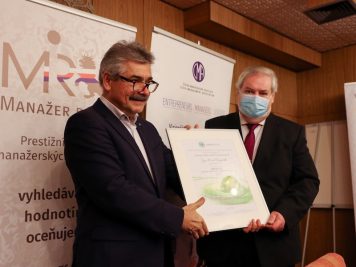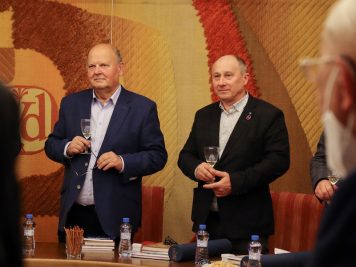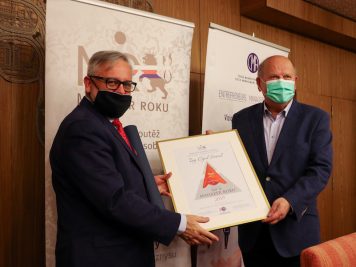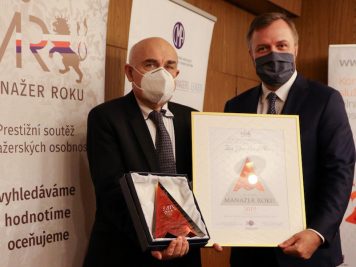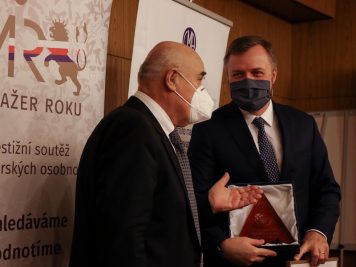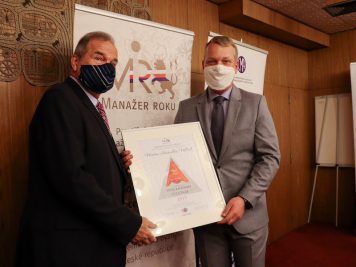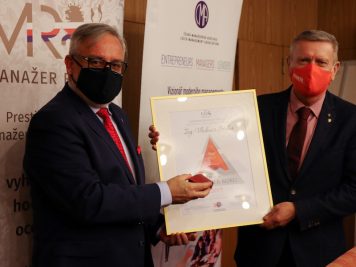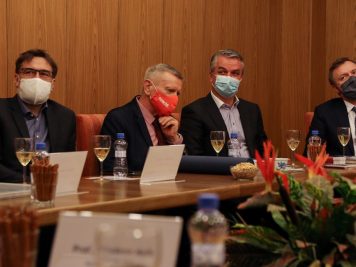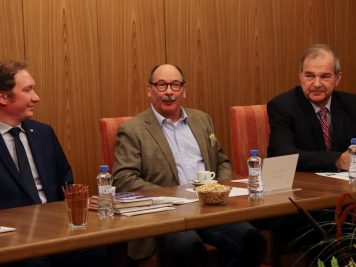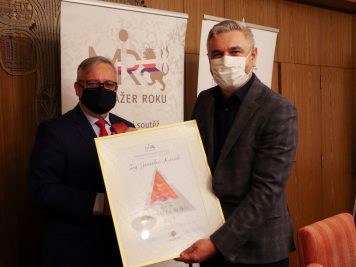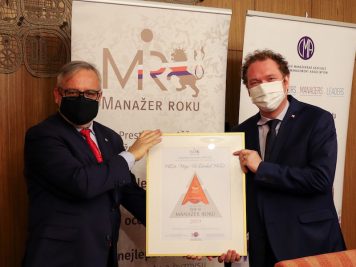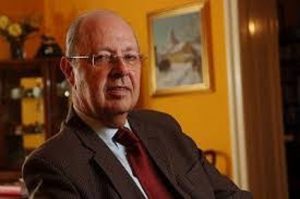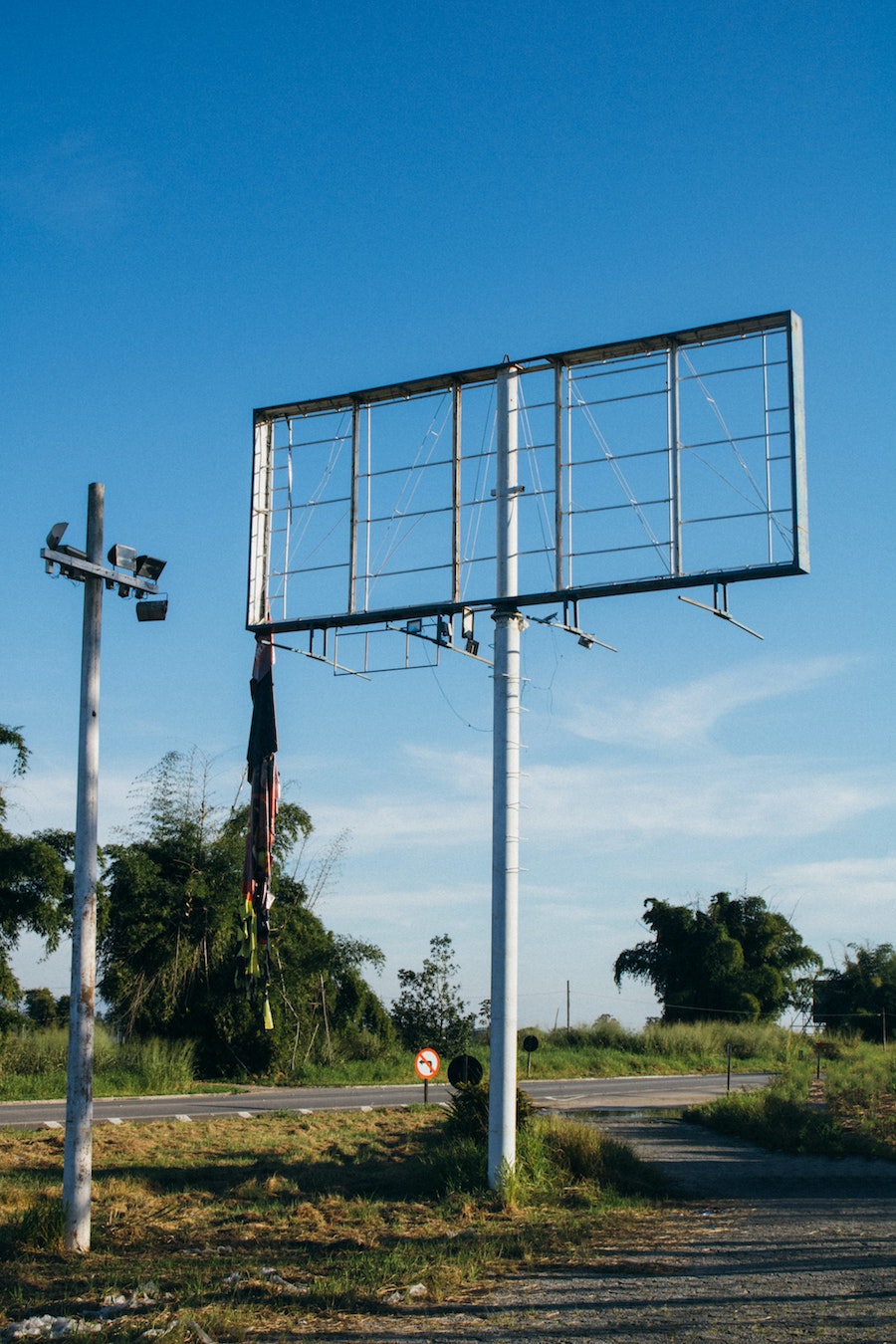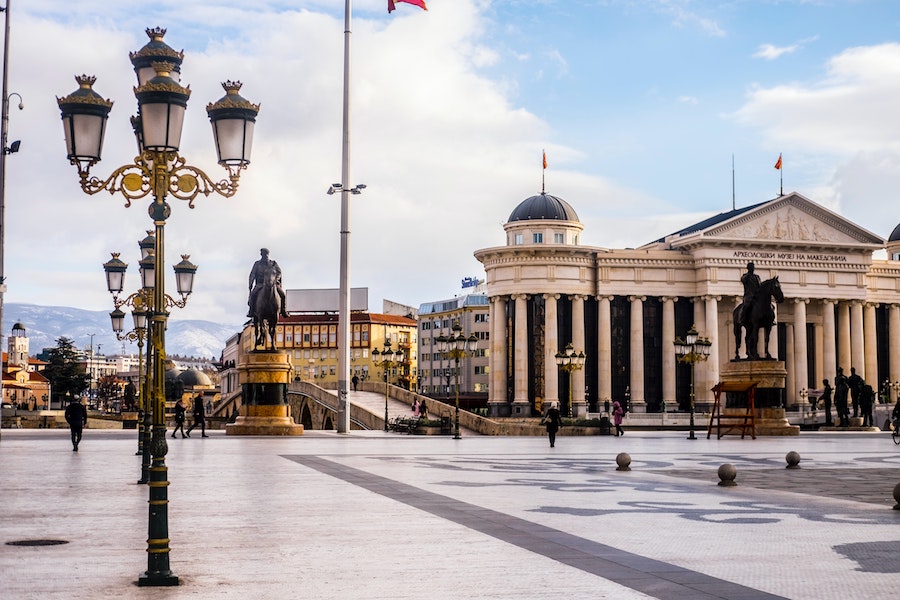
At the EU summit in Thessaloniki in 2003, a clear message on the European perspective of Western Balkan countries was sent. Eighteen years after the EU summit in Thessaloniki, only the Republic of Croatia has been coopted into the EU, two countries have begun the accession talks without much progress, two countries are hoping to get the candidate status, while Kosovo did not even get the visa liberalization regime.
The IFIMES international institute recently publicized an analysis titled “2021 North Macedonia: Is EU heading towards its next historical mistake?”, link: https://www.ifimes.org/en/researches/2021-north-macedonia-is-eu-heading-towards-its-next-historical-mistake/4906? (19.5.2021).
Secret intelligence operation “Knight’s move” is underway
Before the eyes of the Macedonian and international public, a secret intelligence operation “Knight’s move” (“Rosselsprung”) is being conducted. Its ultimate goal is the return of Nikola Gruevski (VMRO-DPMNE) to North Macedonia and the overthrow of the ruling political caste. The implementation of the secret intelligence operation “Knight’s move” was indirectly also confirmed by the Director of the Macedonian intelligence agency Erold Musliu.
Analysts warn that protests organized by the VMRO-DPMNE and the blocking of intersections all over the country are synchronized with the blockade of the Macedonian parliament by the VMRO-DPMNE, which under the leadership of Nikola Gruevski had blocked the country and its Euro-Atlantic path for 11 years. The local elections, which should take place in October 2021, have been conceptualized as the final part of the scenario for the overthrow of Prime Minister Zoran Zaev (SDSM) and his government within the framework of this intelligence operation. Almost unlimited amounts of dubious money have been provided for these purposes.
Nikola Gruevski’s three-year political asylum in Hungary will expire in October 2021. In the meantime, Gruevski has been negotiating possible obtaining of political asylum with Russia and Turkey. His third option would be to return to North Macedonia after the local elections in an attempt to overthrow Zoran Zaev and his government. In fact, this scenario is currently being practically implemented through creation of a new ambience for his return. The publication of various “non-papers” by his political-intelligence sponsors was aimed to contribute to such a goal.
Monitoring of Mijalkov – Kamchev Case
Sasho Mijalkov, former Director of the National Security Agency, and Orce Kamchev, the richest Macedonian tycoon, had established and are funding a parallel system, which they control. Mijalkov and Kamchev have full control over the entire judicial and police system, except for prosecutors Lenche Ristoska and Traјche Pelivanov and the Minister of Internal Affairs Oliver Spasovski (SDSM), who over the past few months have appeared as the main obstacle to Mijalkov’s and Kamchev’s intentions. The Ministry of Internal Affairs has achieved the best results in the last thirty years in the fight against drug trafficking and traffic control. The announcements of new activities of the internal affairs sector will lead to an increase in the attacks on Minister Oliver Spasovski. Such attacks are an integral part of the attempts to overthrow Zaev and his government. It is necessary to dismantle Nikola Gruevski’s regime and Orban’s financial-criminal and banking octopus in the region. Because of the above and the provision of refuge to Gruevski, the Hungarian Prime Minister Viktor Orban and his political-criminal octopus could fall come sanctions as well.
Within the framework of monitoring of the Mijalkov–Kamchev Case, the IFIMES international institute had recorded unauthorized contact between the public prosecutor for processing of organized crime and corruption Vilma Ruskovska and Sasho Mijalkov in 2020, in a café in Skopje. Although she was not responsible for the Orce Kamchev’s case, prosecutor Ruskovska requested to be familiarized with the findings of the economic-financial court expert, which is impermissible and illegal. Prosecutor Lile Stefanova did not allow any illegal interventions and in such a way saved the independence and the face of the Macedonian judiciary. Macedonian Chief Prosecutor Ljubomir Joveski even agreed to a bail in the case of Sasho Mijalkov – in the amount of 11 million Euros. However, the court rejected the request for provisional release.
Analysts warn of the fact that because of the omissions of the office of the prosecutor and individual prosecutors, the Prosecutorial Council has still not conducted an investigation into the Sasho Mijalkov’s case and established responsibility of specific prosecutors.
Western Balkans definitely in the “grip” of Russia?
European leaders often express rhetorical support to the Western Balkans and its Euro-Atlantic path, as well as their concern over the influence of specific countries in the region- primarily Russia, China and Turkey. In fact, with its (non)enlargement policy, the EU is factually pushing the Western Balkan countries into the “grip” of Russia. Experts warn that currently 15 EU members could not fully meet the membership conditions put before Western Balkan countries. It was also noted that the EU had “look the other way” when it coopted Bulgaria and Romania, as well as Croatia, into its ranks, that is gave them full-fledged membership in the EU. In fact, in 2004, 9.5 countries became full-fledged members, because only half of Cyprus was coopted into the EU.
The (in)action of the EU is most illustrative in the example of the EU-mediated dialogue between the official Belgrade and Pristina on normalization of relations. Although the so-called Brussels agreement was signed on 19 April 2013, most of it has not been implemented. The EU mediated the dialogue without proper preparation and rather untransparently, although it constantly appeals on Western Balkan countries to promote transparency. This became evident also in the cases of tax evasion by specific transnational companies in a EU member, specifically Luxembourg, at the time when the former President of the European Commission Jean-Cloud Juncker (EPP) was the Prime Minister of the country. There is a plethora of examples of intransparency and debatable role of the EU in international relations.
Analysts believe that the Western Balkans, which has a total population of 18 million, or less than half the population of Poland, does not constitute a threat to the integration of the 450 million population of the EU and could be quickly integrated into the EU, if there was the political will on the part of EU member countries to do so. The issue of EU enlargement is primarily an issue of existence of political will for enlargement, that is admission of new members into the EU.
Executive order of US President Biden on introduction of sanctions – “Black list”
On 8 June 2021, US President issued an Executive order[2] on blocking of property and suspension of entry into the US to specific individuals who contribute to destabilization of the situation in the Western Balkans.
The recent NATO summit confirmed that after its historic accession to NATO, North Macedonia is no longer a playground for hegemonistic projects, whose ultimate goal would be dissolution of the country. Ethnic Albanians as a minority have demonstrated their relationship to the country and assisted in the brokering of the agreement on the name of the country, pursuit of membership in NATO and resolution of the latest dispute with Bulgaria regarding Macedonian identity and language. The NATO summit reaffirmed that North Macedonia is on the right path and should continue to progress on it.
Analysts believe that the executive order of US President Biden is a warning and message to all in the Western Balkans, including Macedonian authorities, to intensify their fight against crime and corruption, as well as combat and confront negative occurrences and individuals that can jeopardize regional peace, stability and prosperity. It is important that the executive order encompasses Albania as well, because it creates a framework to have the current Albanian Prime Minister Edi Rama, who has been marked as the “European king of the narco-business”, “black listed” by the US administration.
For the Republic of North Macedonia it is of particular importance that all those who obstruct or do not recognize the Prespa Agreement, which brought peace, stability and prosperity of North Macedonia, are sanctioned and put on the “black list.” Since the arrival of the current government to power in 2017, not a single interethnic incident has been recorded, while during Nikola Gruevski’s rule interethnic incidents were a regular occurrence. If the US administration wants to ensure lasting peace and long-term stability, it is important that US sanctions are introduced also against Bulgarian senior officials, not just because of the blocking of the enlargement process but also because of their secret cooperation with Russia and their connections with the mafia-criminal structures. One should not exclude the possibility that after the introduction of US sanctions and inclusion of two Bulgarian tycoons close to Boyko Borisov on the “black list”, sanctions also get introduced against Boyko Borisov, Ekaterina Zaharieva, Krasimir Karakachanov, Andrey Kovatchev, Angel Dzambaski and many others.
Communist dictator’s bodyguard halts EU enlargement process
In 2018, the EU leadership decided that the date for the beginning of accession talks with North Macedonian and Albania would be decided in 2019, provided that the countries meet the specific conditions. The opening of talks does not mean membership in the EU. Although the countries had met the conditions set for the opening of the talks, the EU leaders did not keep their promise. Hence, they not only lost their credibility but also increased Euroscepticism in the Western Balkans region. Namely, this puts under a question mark Robert Schuman‘s vision of a united Europe. In fact, it could be said that in this specific case the EU leaders are acting against the idea of the visionary Schuman, who had laid the foundations of the today’s EU.
Analysts believe that maybe the last chance to save the Western Balkan countries from the “grip” of Russia, Turkey and China is to decide the date for opening of talks with the EU for North Macedonia and Albania, as well as intensively work on finalization of the dialogue between the official Belgrade and Pristina and the signing of a comprehensive legally binding agreement. At the same time, countries in the region should work on promoting regional cooperation.
Analysts believe that the EU is morally humiliated and disgraced, because it had allowed Boyko Borisov, a former bodyguard of a communist dictator Todor Zhivkov and until recently Bulgarian Prime Minister, to block the beginning of talks between North Macedonia (and Albania) with the EU, as well as the overall enlargement process. Boyko Borisov recently sent a letter to EU leaders asking them to help him protect Bulgaria from the alleged pro-Crimean Bulgarian President Rumen Radev, although he personally he is blocking and in such a way dictating the process of enlargement of the EU to the Western Balkans – for the sake of someone’s interest. A question to be asked is how NATO allowed such a conduct of its member country, particularly with respect to another ally and full-fledged member of the organization – North Macedonia.
Ljubljana/Brussels/Washington/Skopje, 30 June 2021
Footnotes:
[1] IFIMES – The International Institute for Middle East and Balkan Studies (IFIMES) from Ljubljana, Slovenia, has a special consultative status with the Economic and Social Council (ECOSOC)/UN since 2018.
[2] Executive Order on Blocking Property And Suspending Entry Into The United States Of Certain Persons Contributing To The Destabilizing Situation In The Westernern Balkans https://www.whitehouse.gov/briefing-room/presidential-actions/2021/06/08/executive-order-on-blocking-property-and-suspending-entry-into-the-united-states-of-certain-persons-contributing-to-the-destabilizing-situation-in-the-Westernern-balkans/



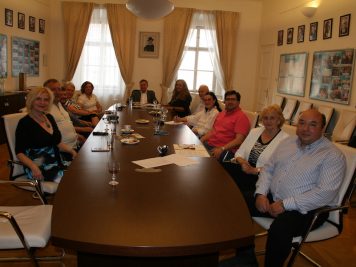
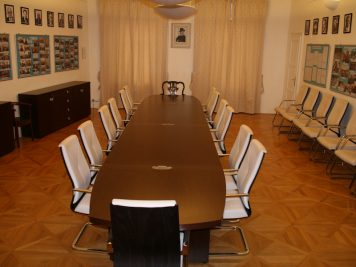
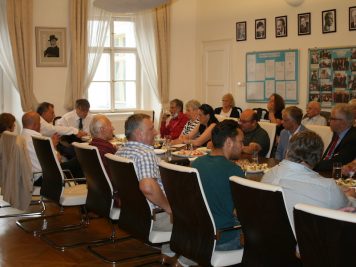
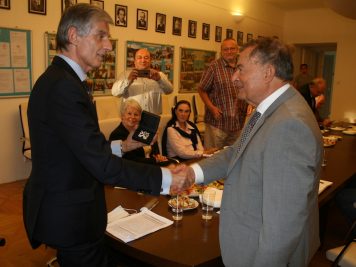
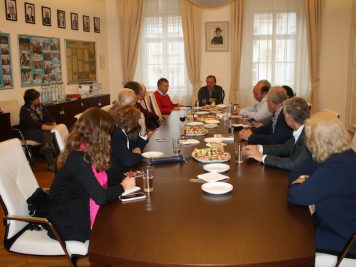
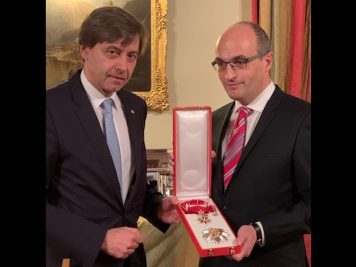
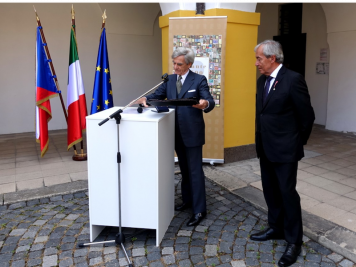


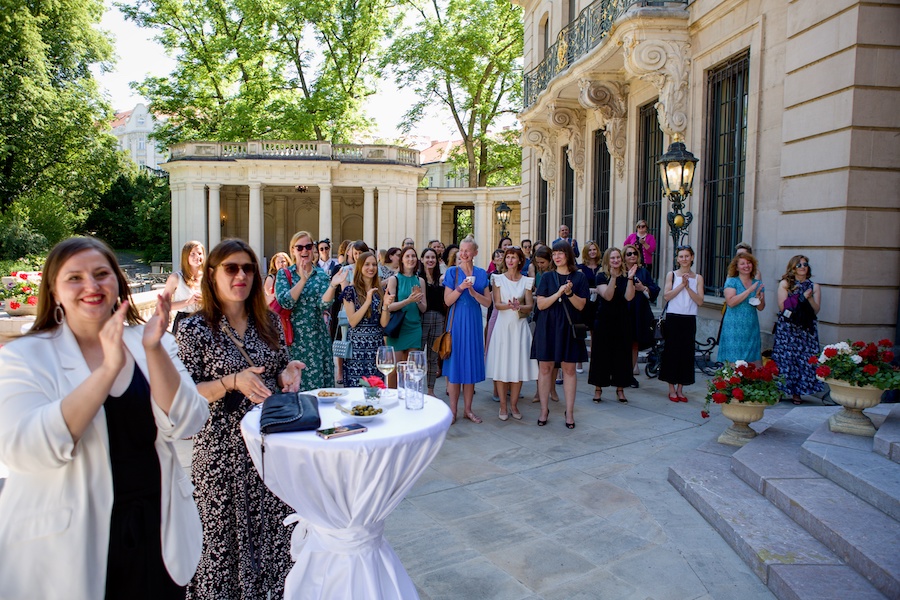
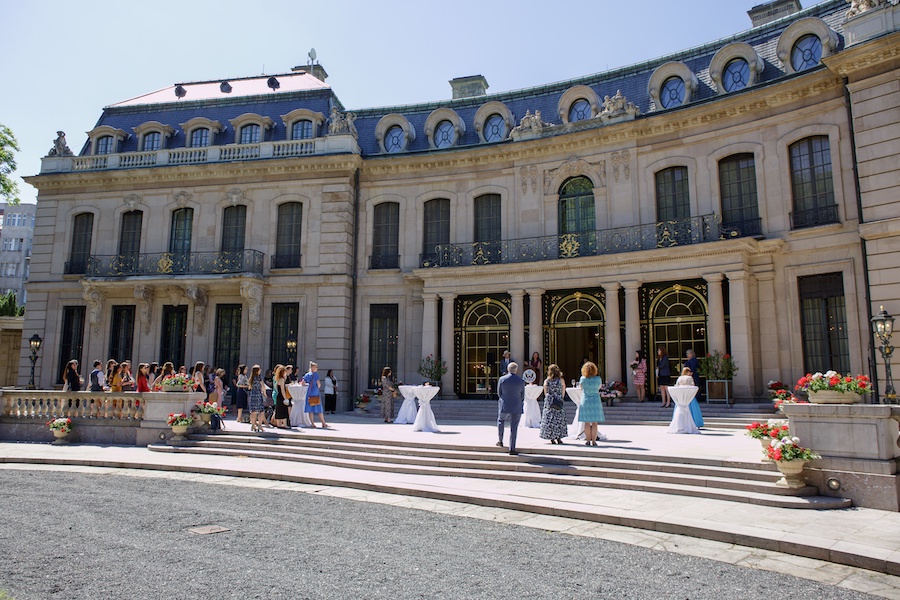
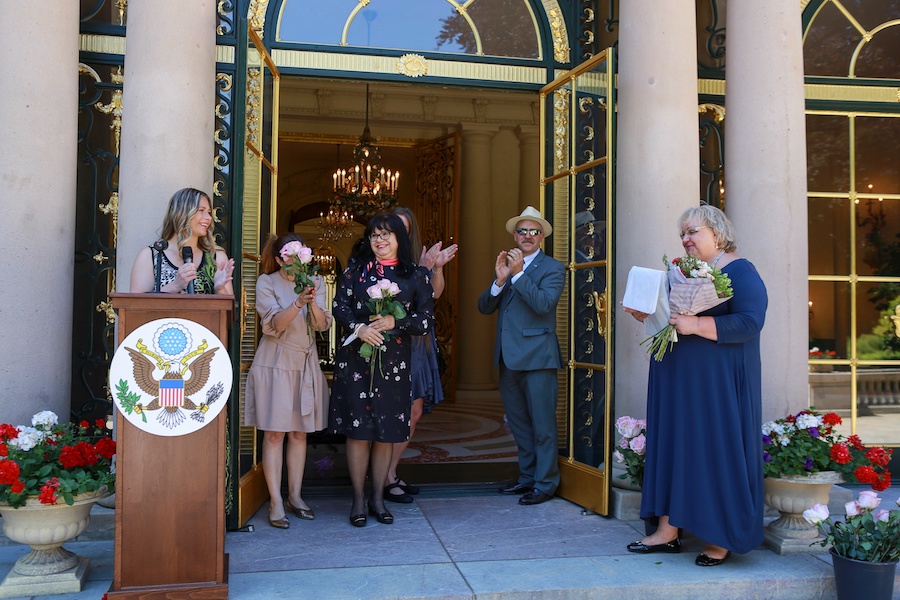

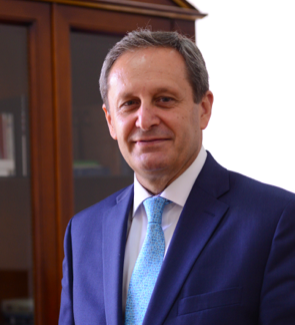 Ambassador Arben Cici has a long diplomatic carrier; he isresearcher and analyst in the field of international relations especially the issues of the region, author of books and many articles published in Albania and abroad. He is teaching at the University of Tirana and at the Mediterranean University as chair of international relations and diplomacy. He is diplomatic advisor to the President of the Republic of Albania.
Ambassador Arben Cici has a long diplomatic carrier; he isresearcher and analyst in the field of international relations especially the issues of the region, author of books and many articles published in Albania and abroad. He is teaching at the University of Tirana and at the Mediterranean University as chair of international relations and diplomacy. He is diplomatic advisor to the President of the Republic of Albania.


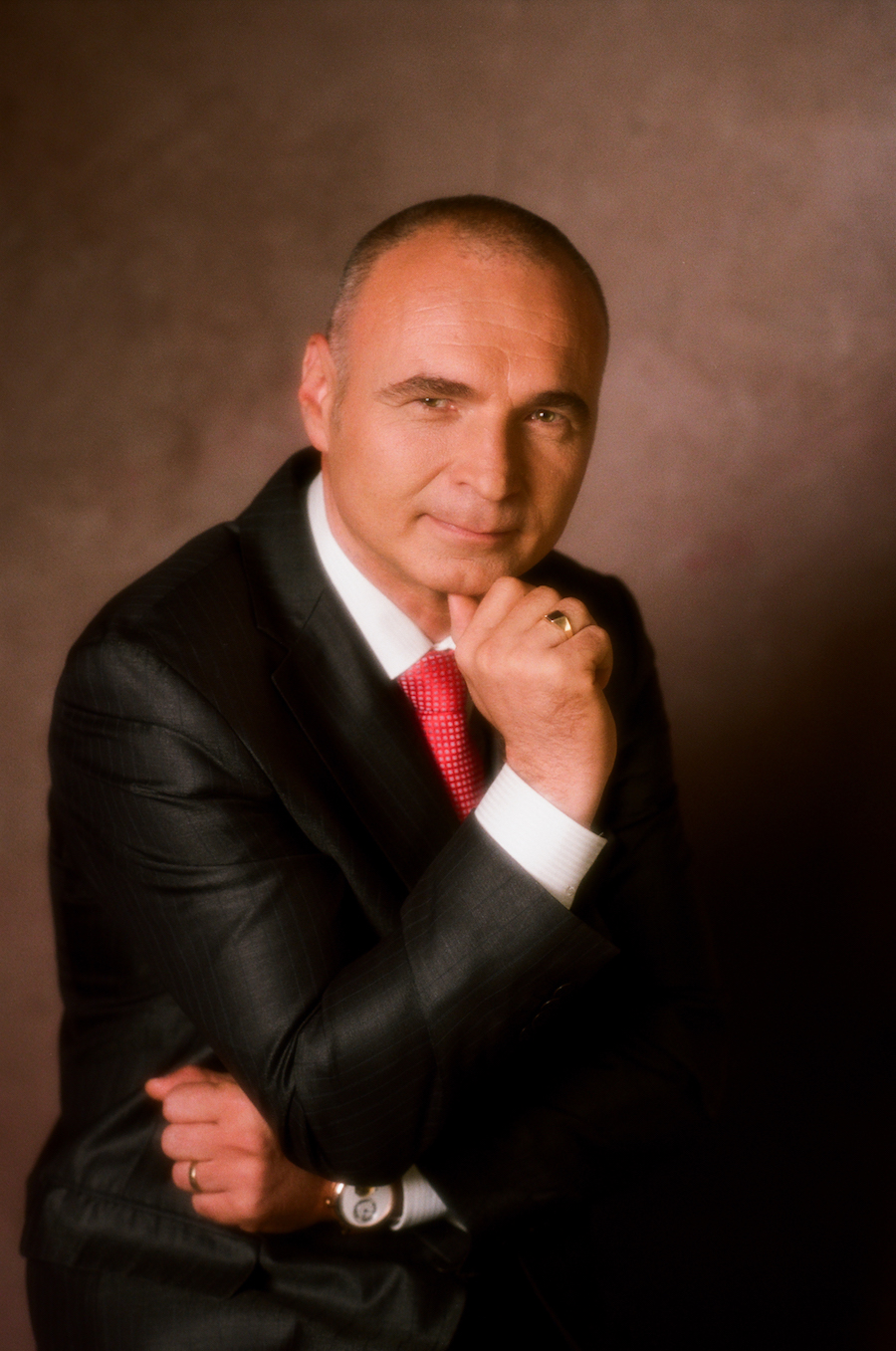
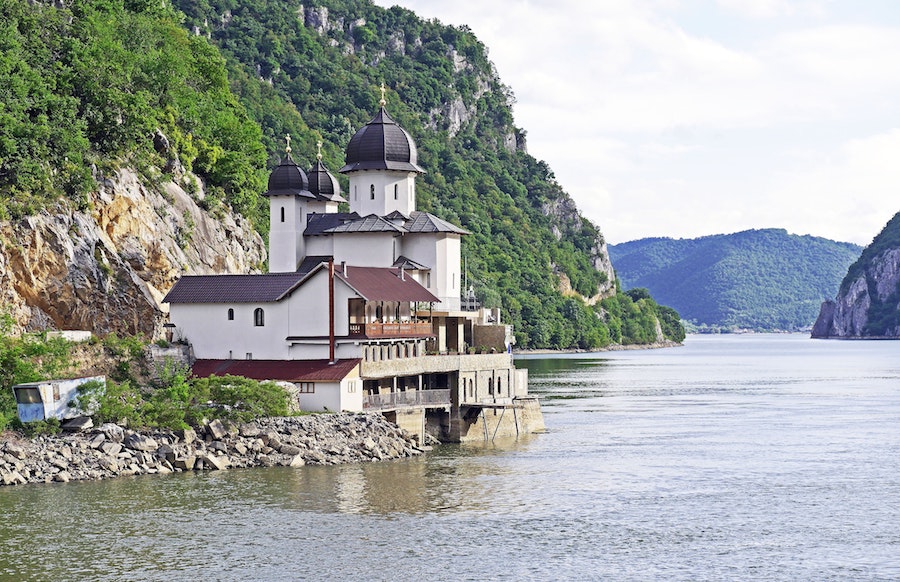

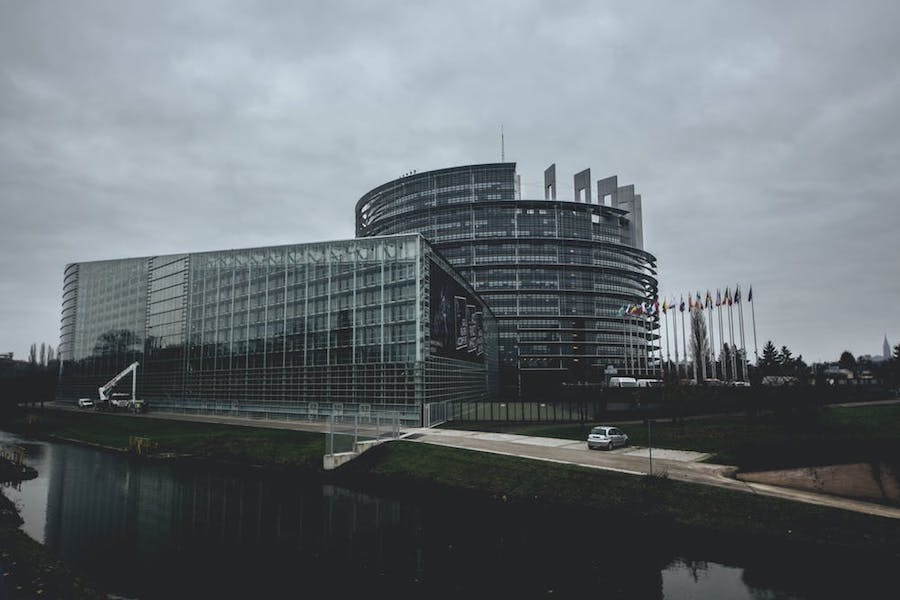




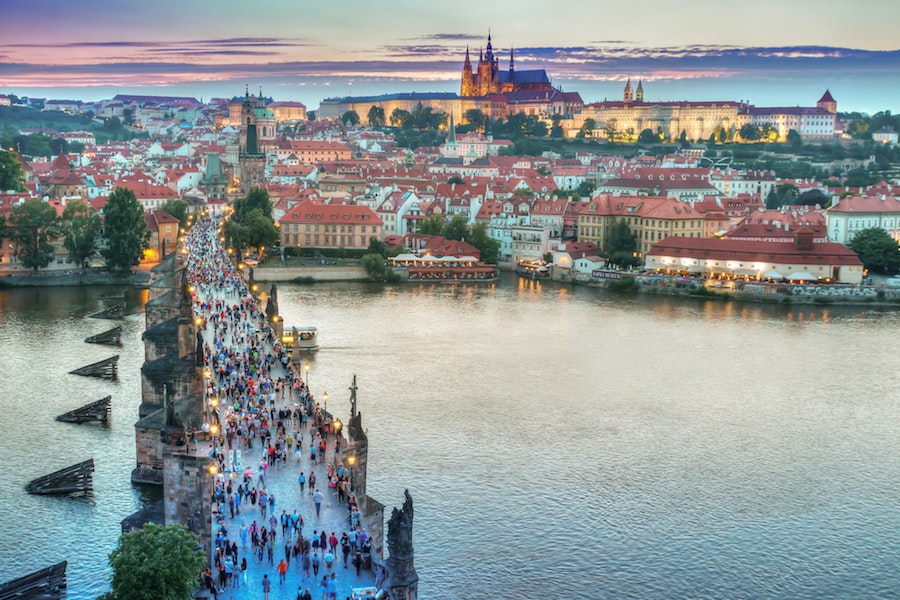

 Isabella Maria Bello Arocha
Isabella Maria Bello Arocha










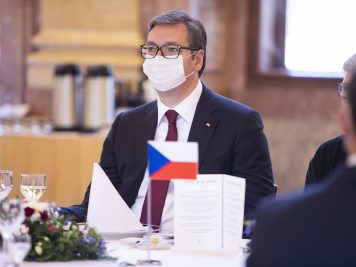
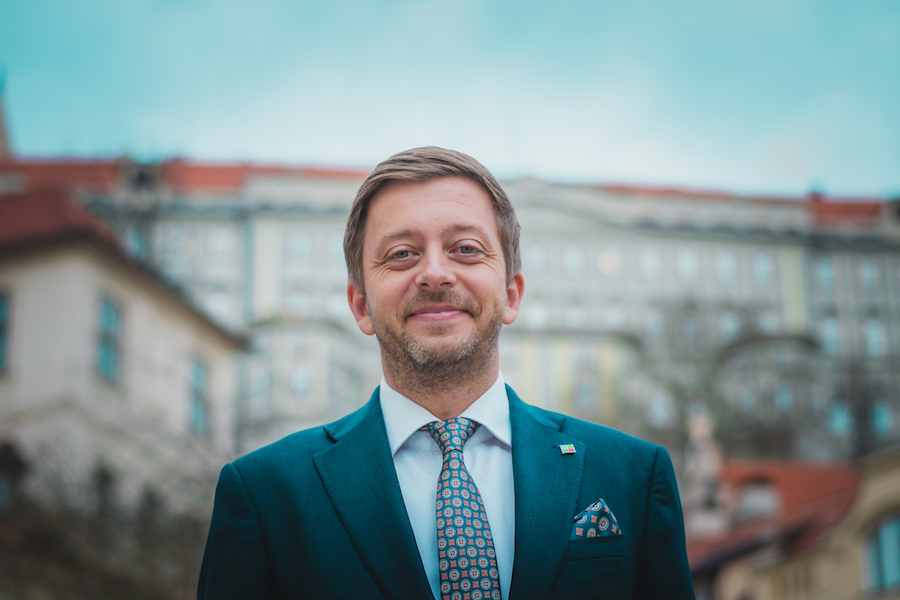


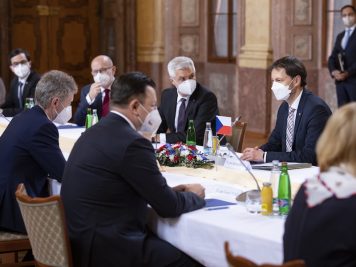

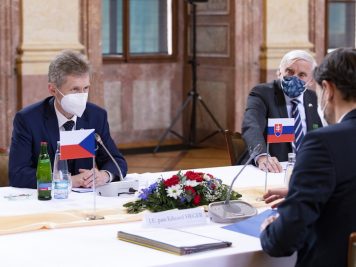

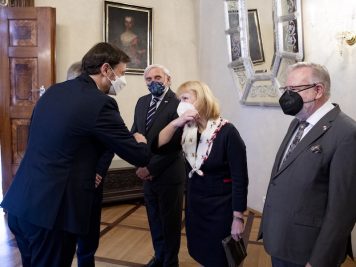

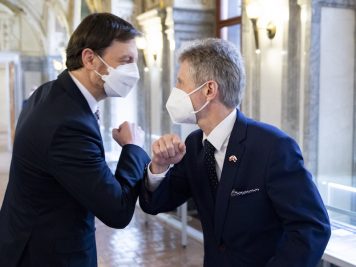
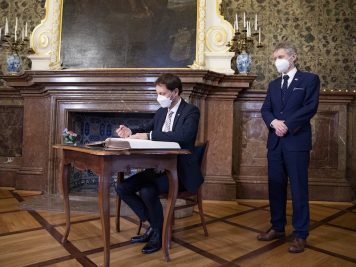

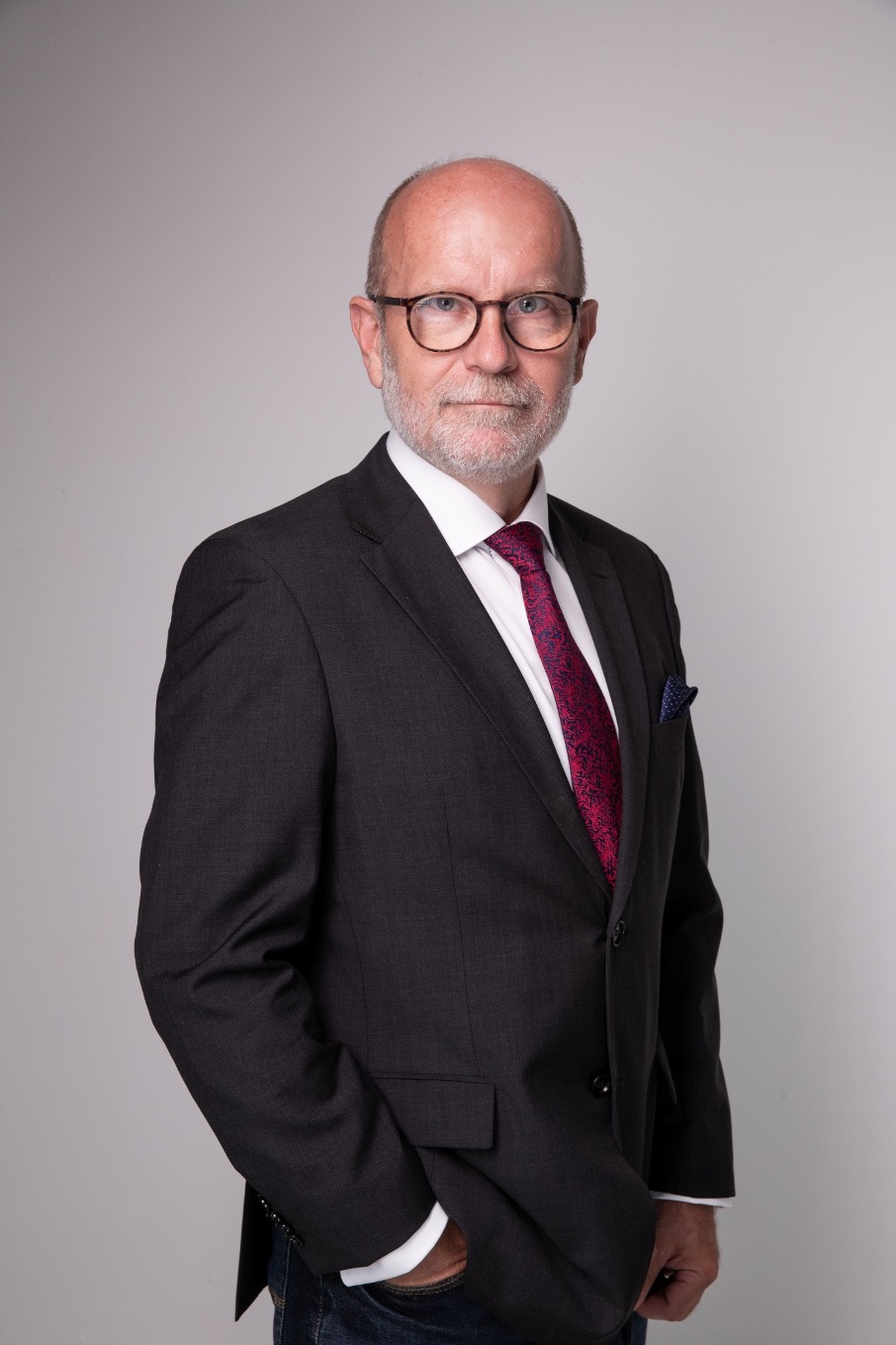
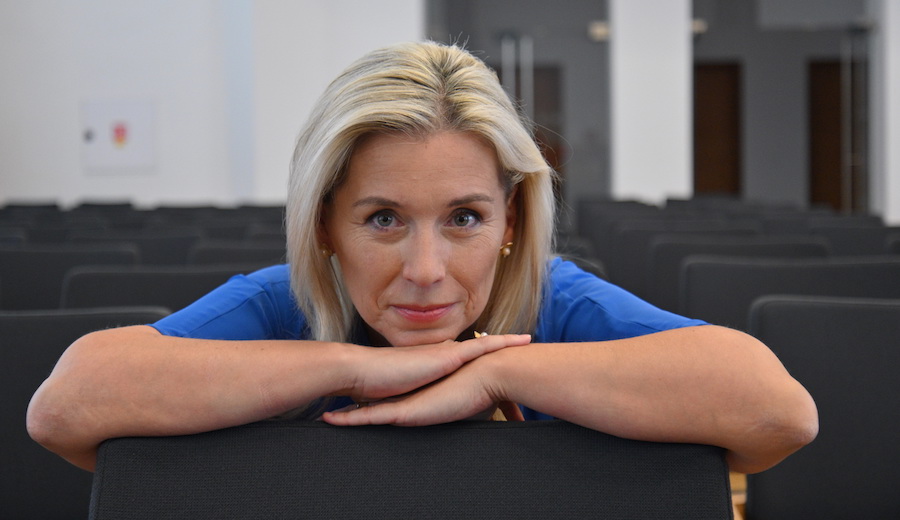
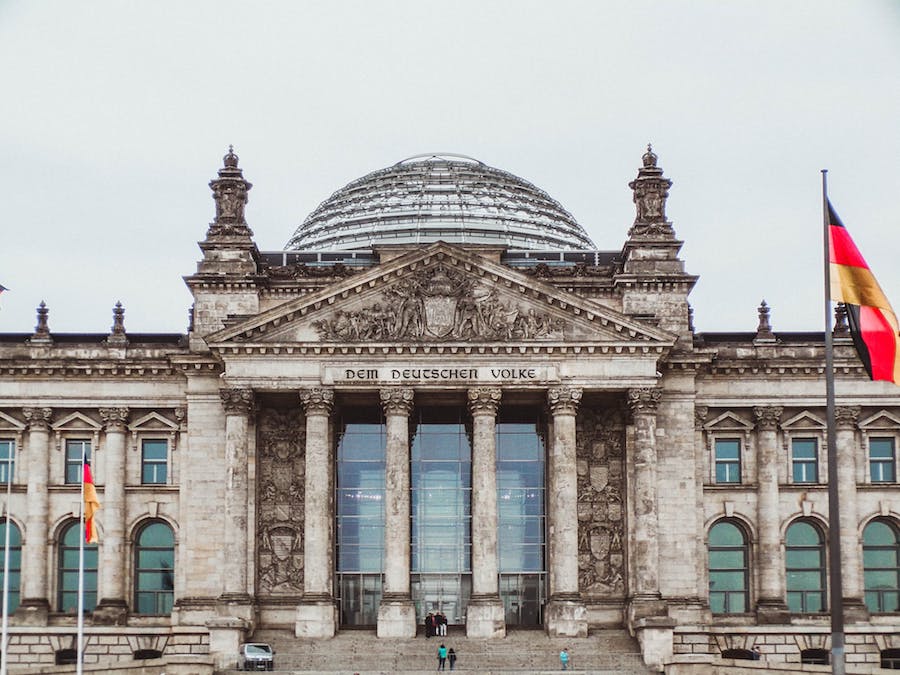
 About Author:
About Author:



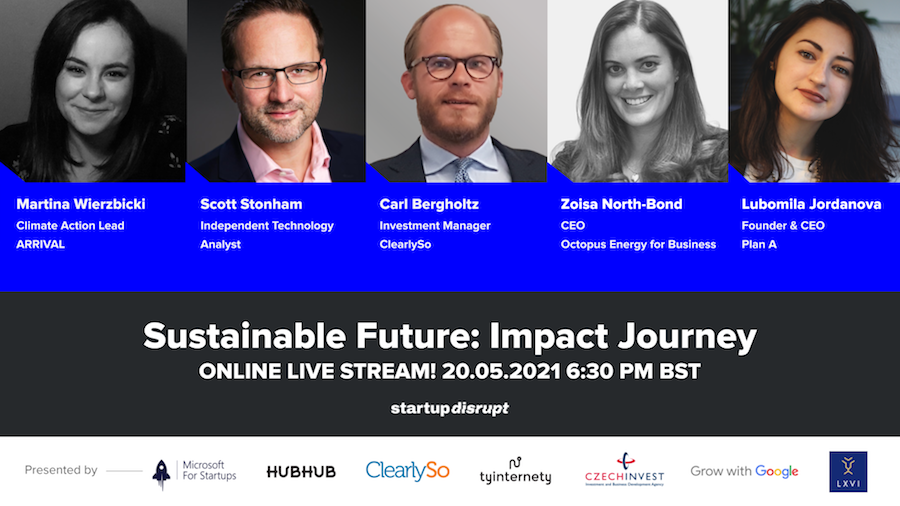





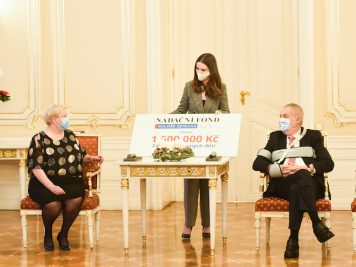
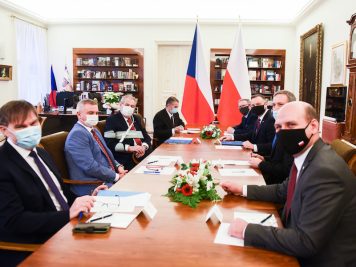
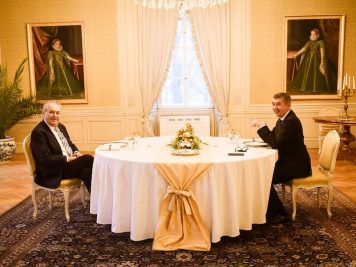
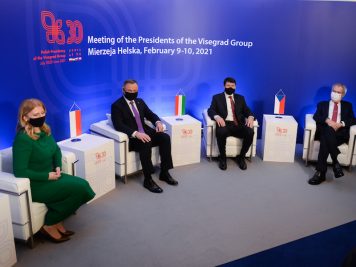

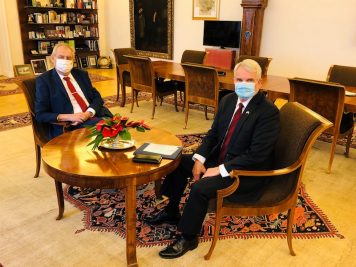
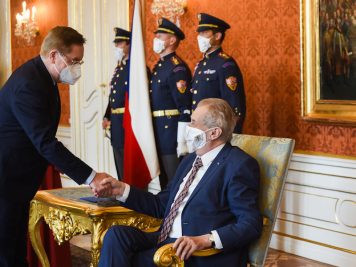
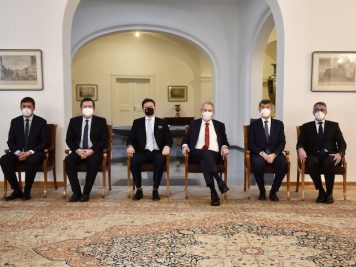
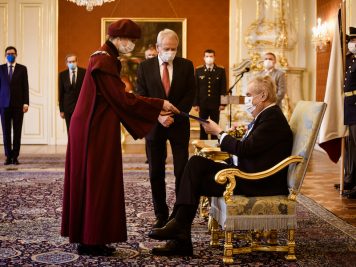
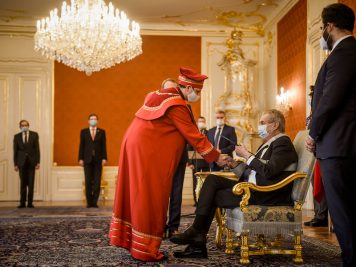
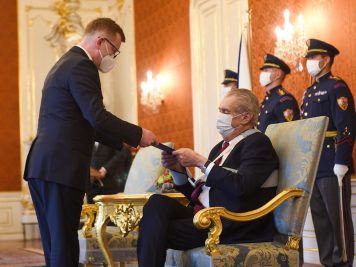
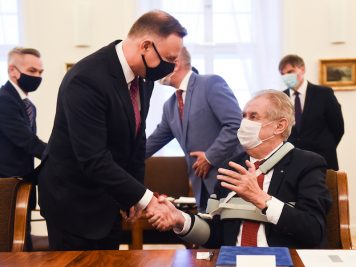

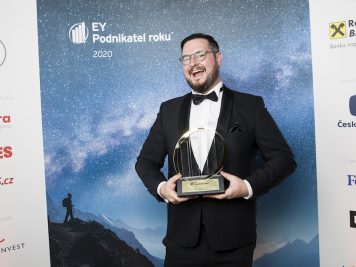
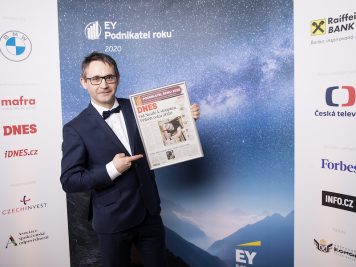

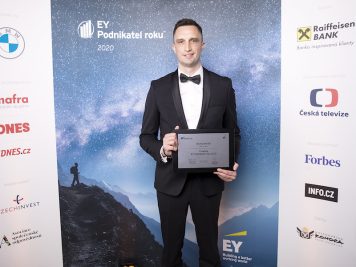




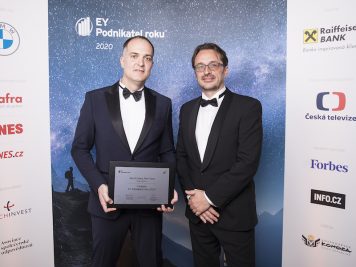
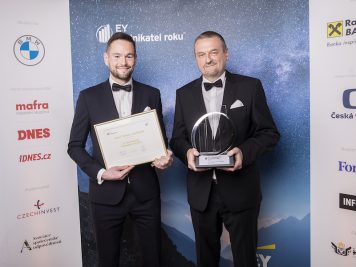
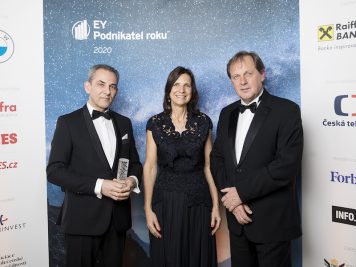
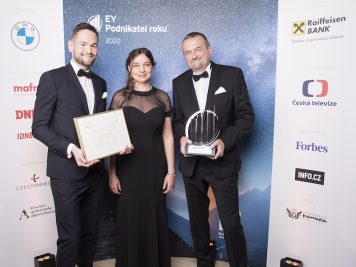
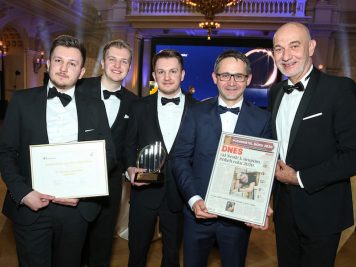
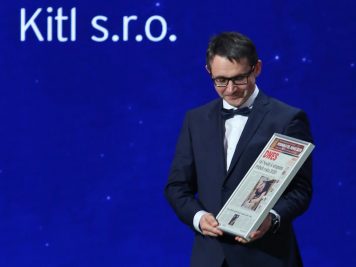
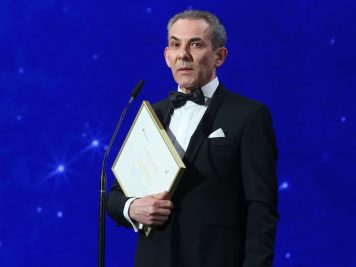
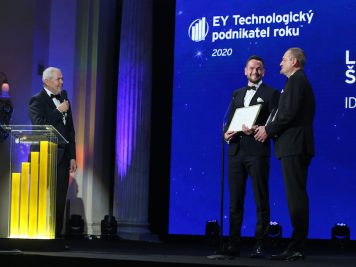
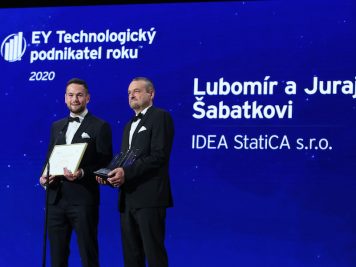


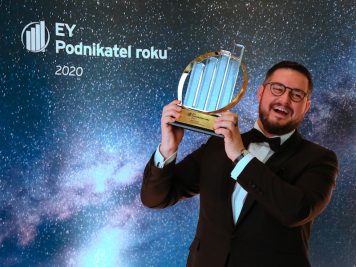
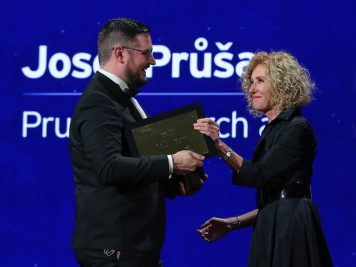

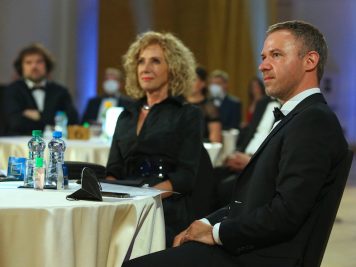
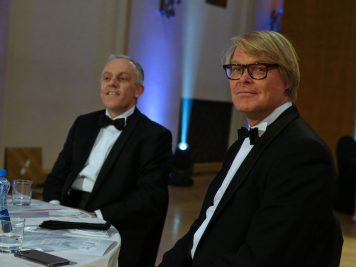

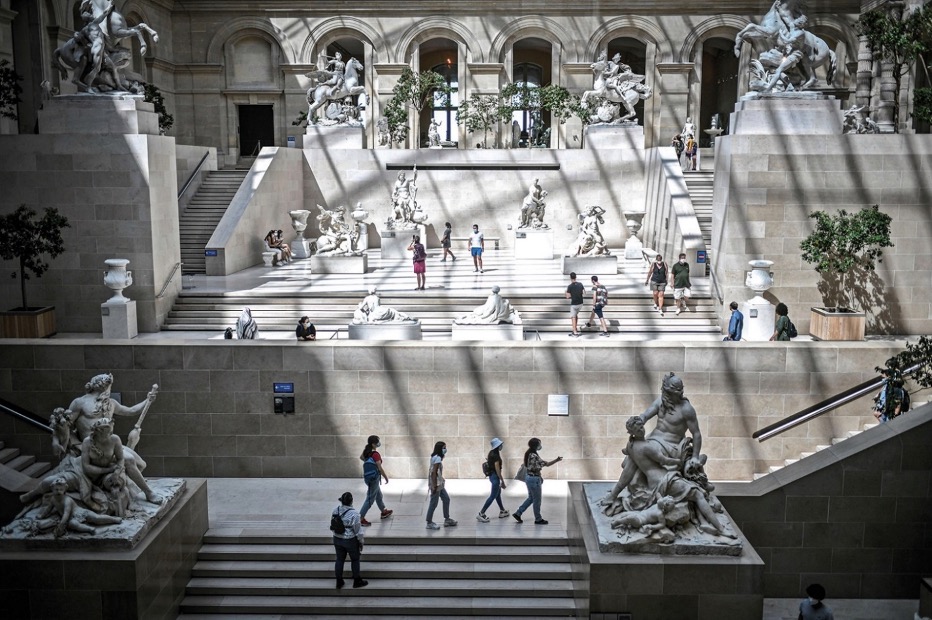
 About the author:
About the author: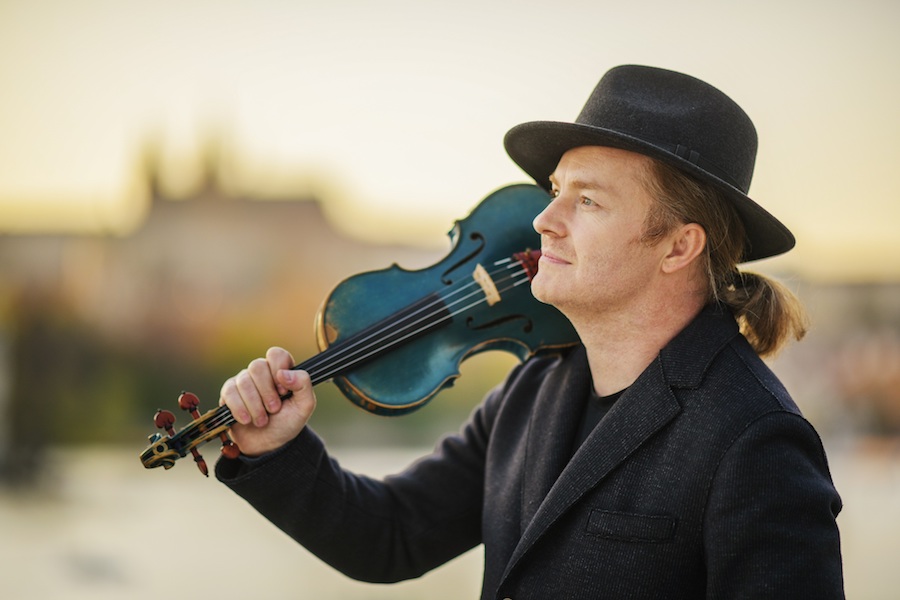

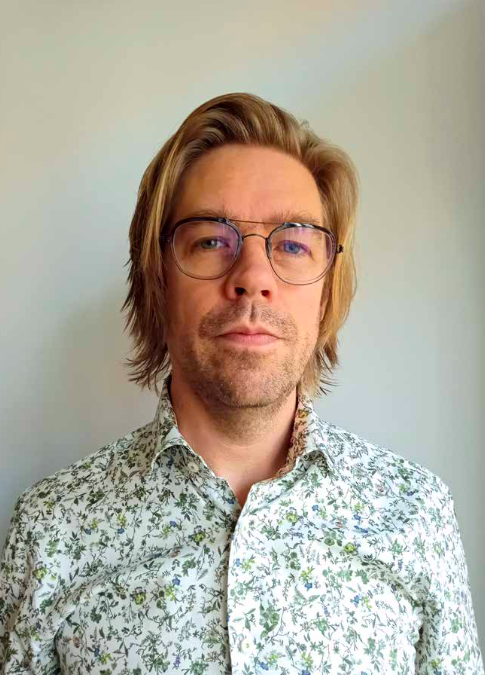





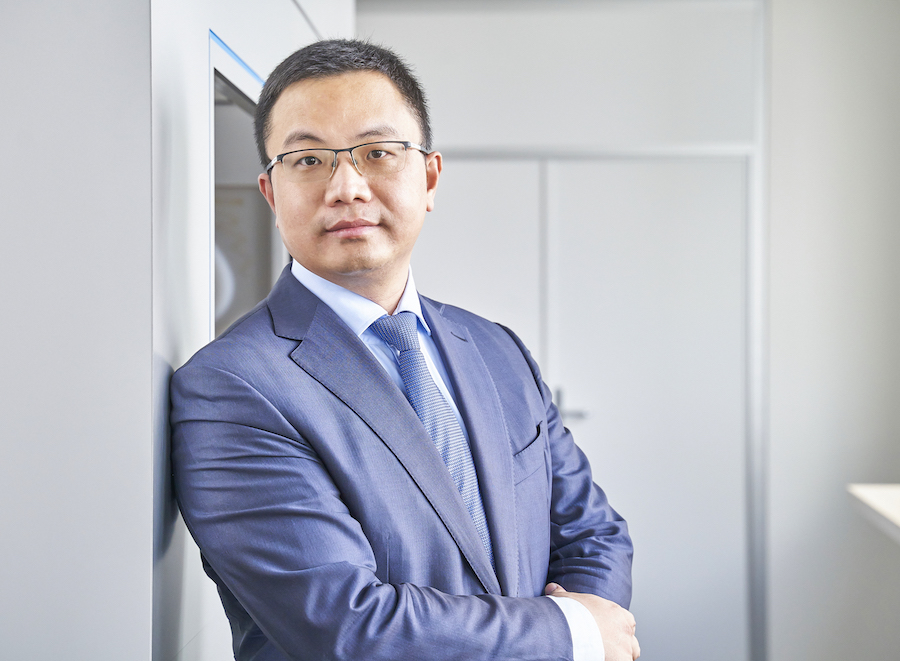





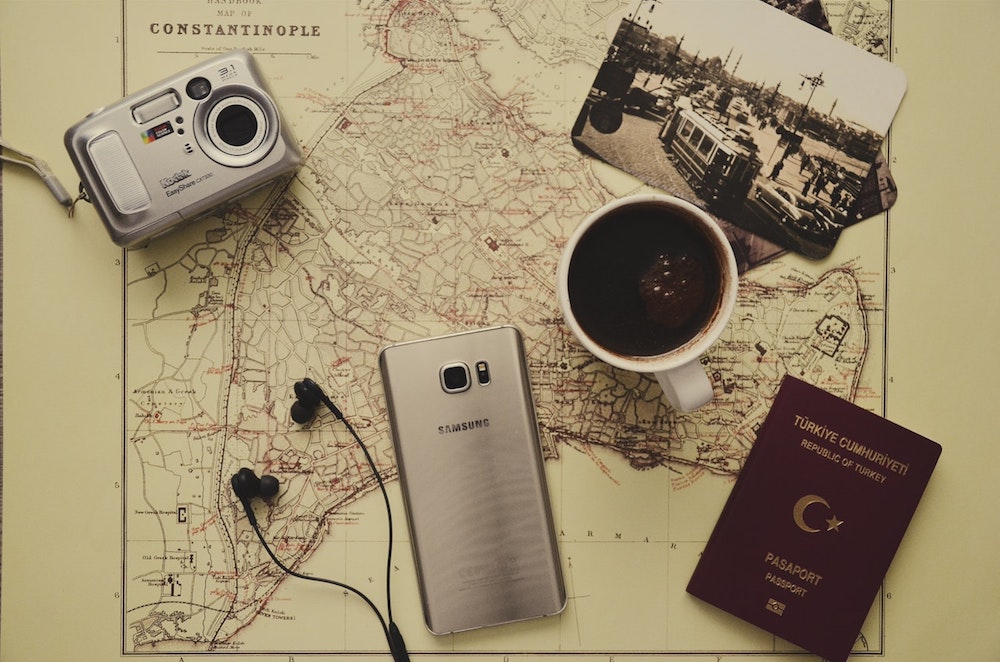


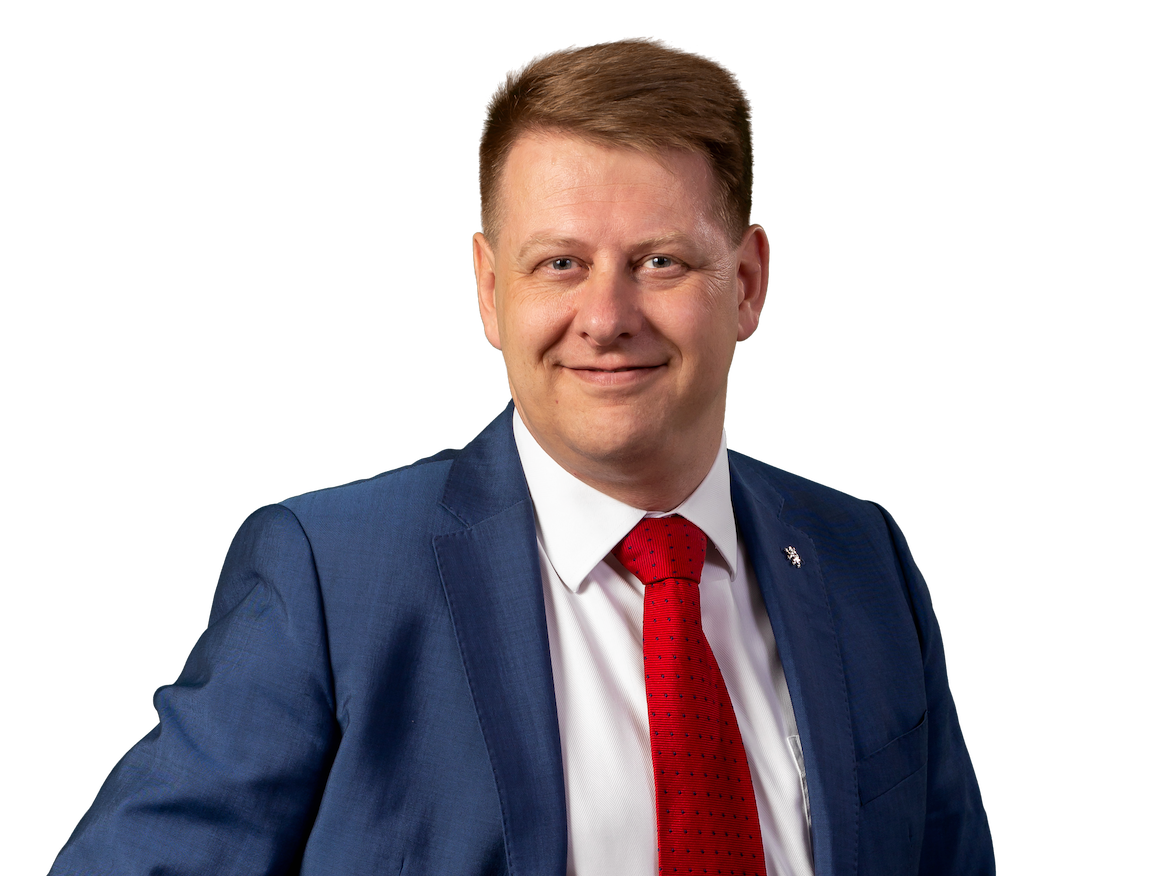
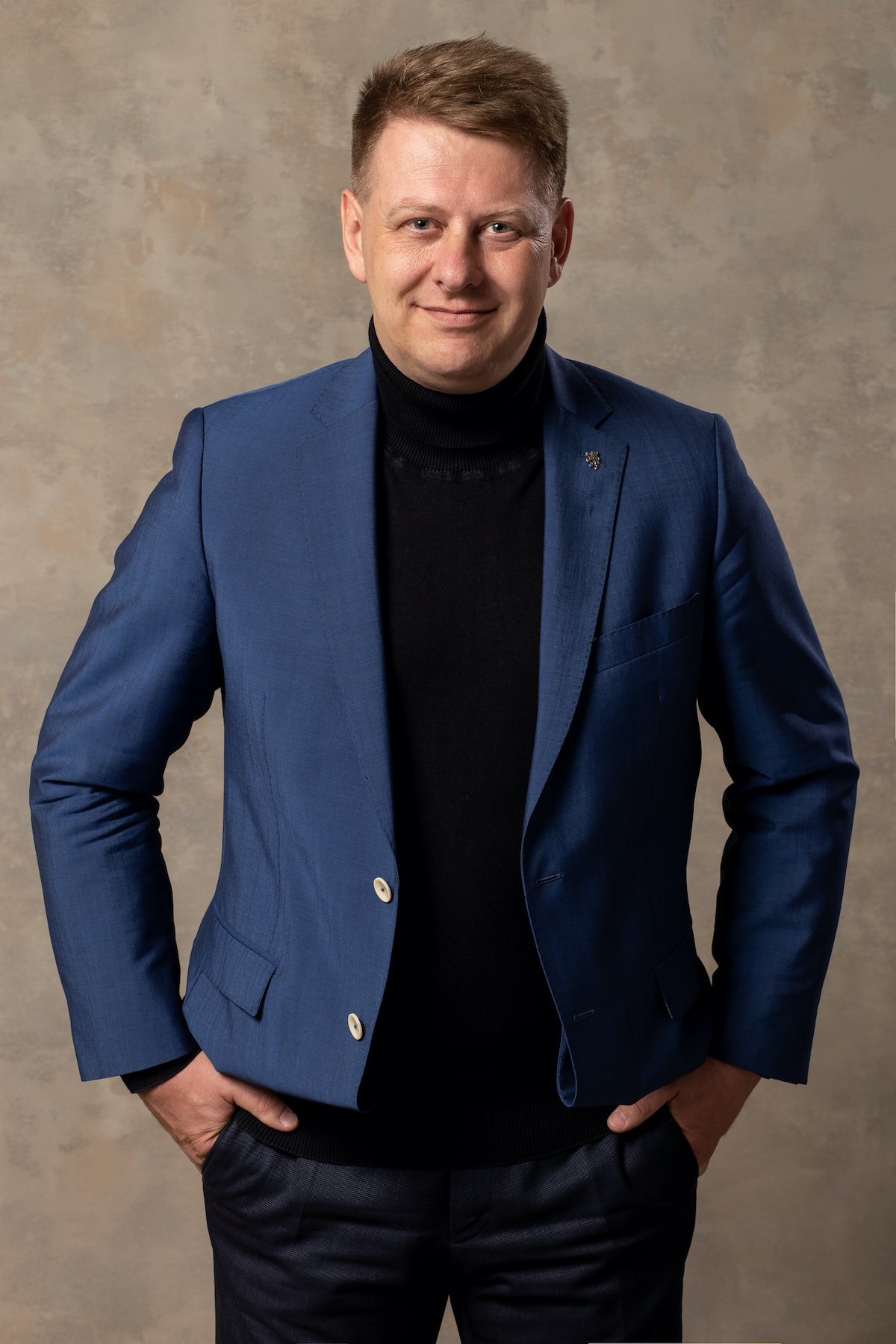

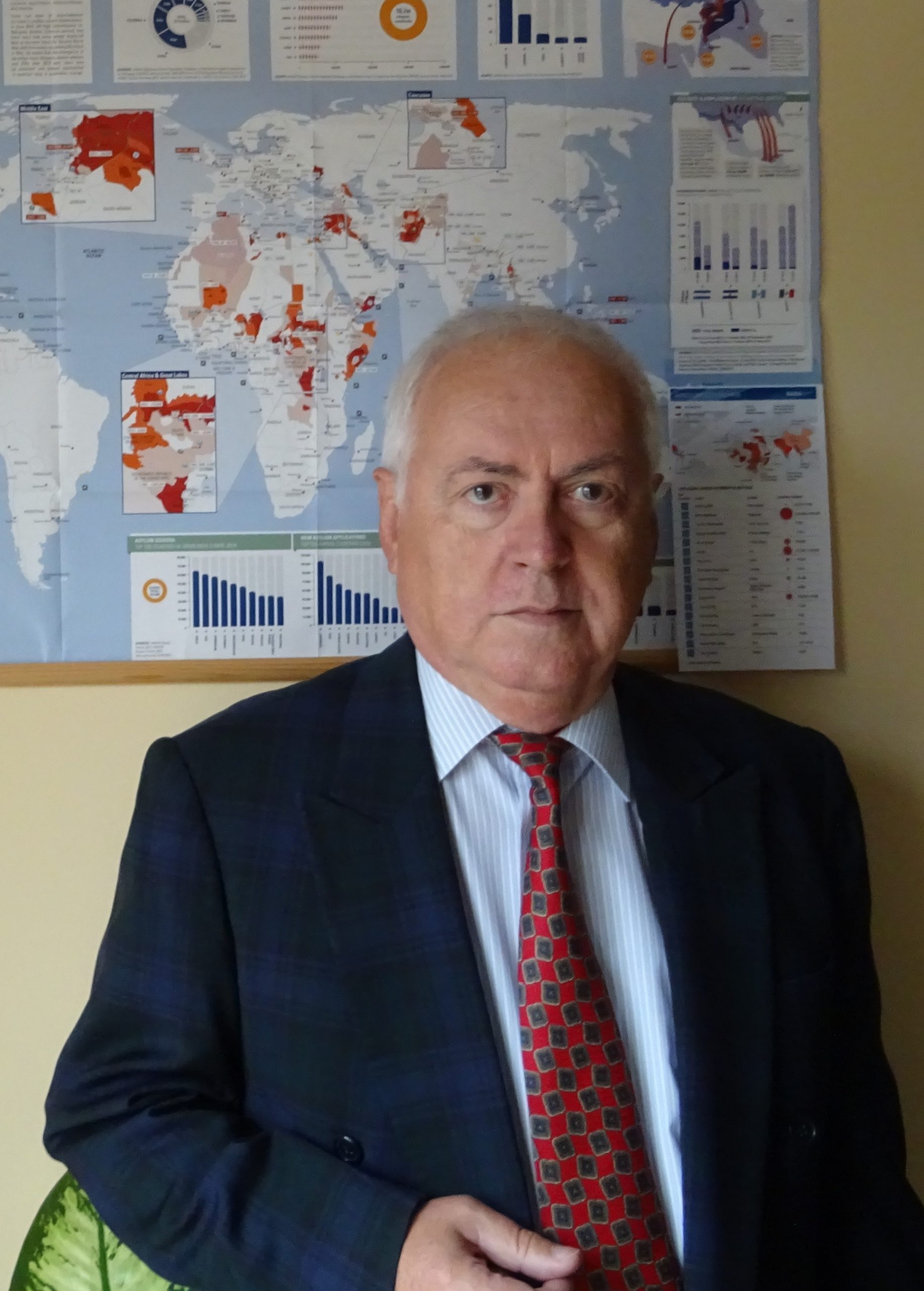
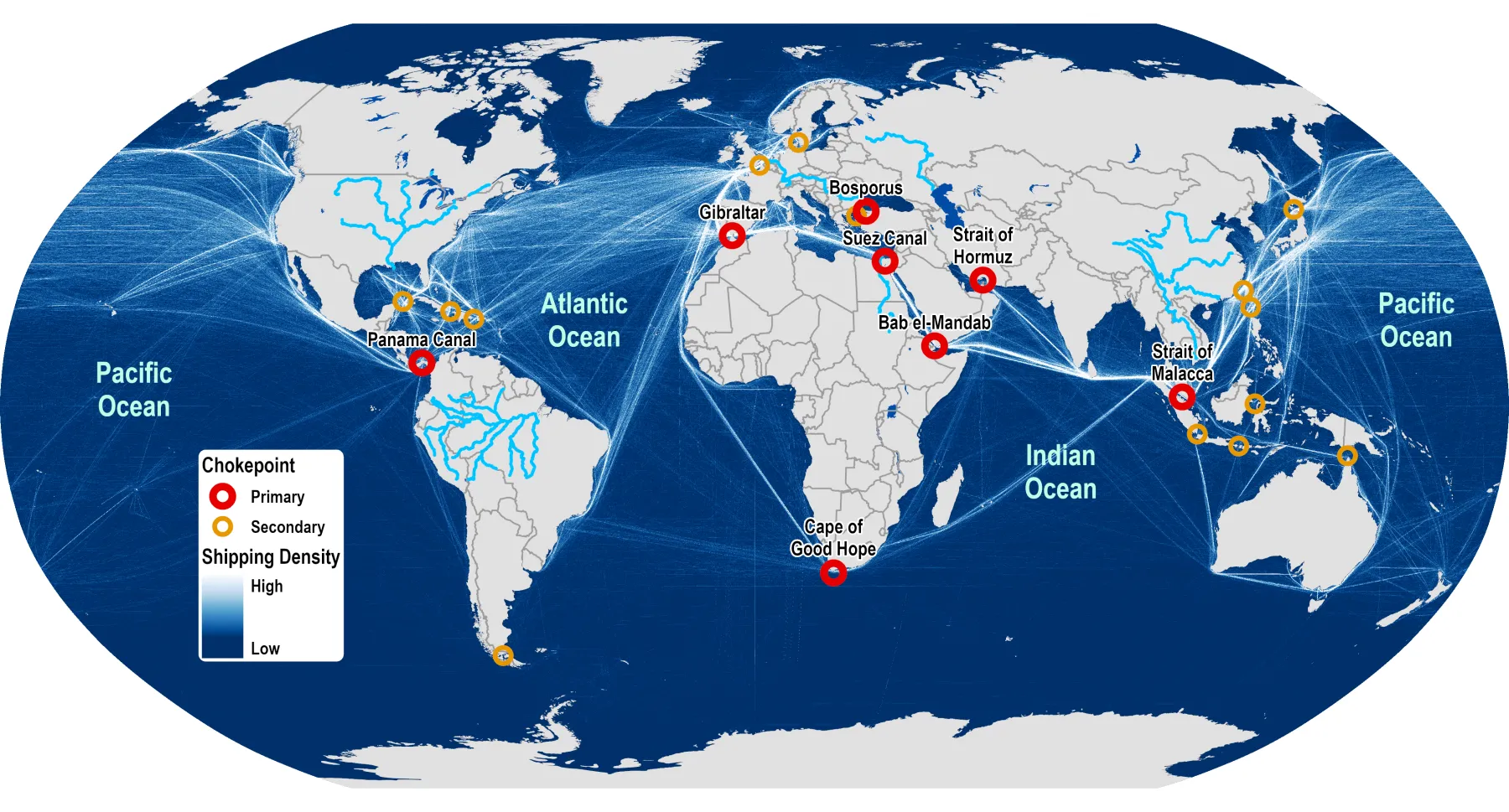





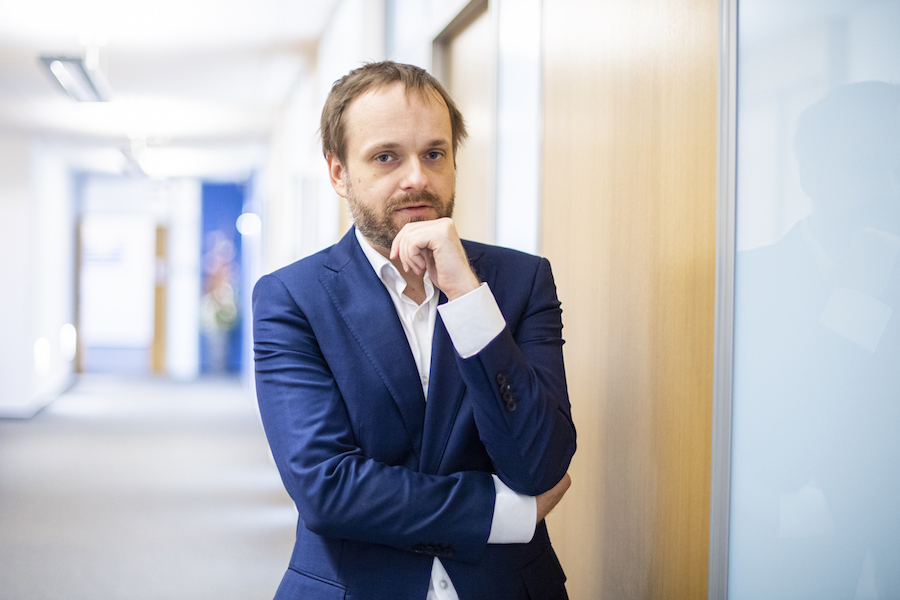

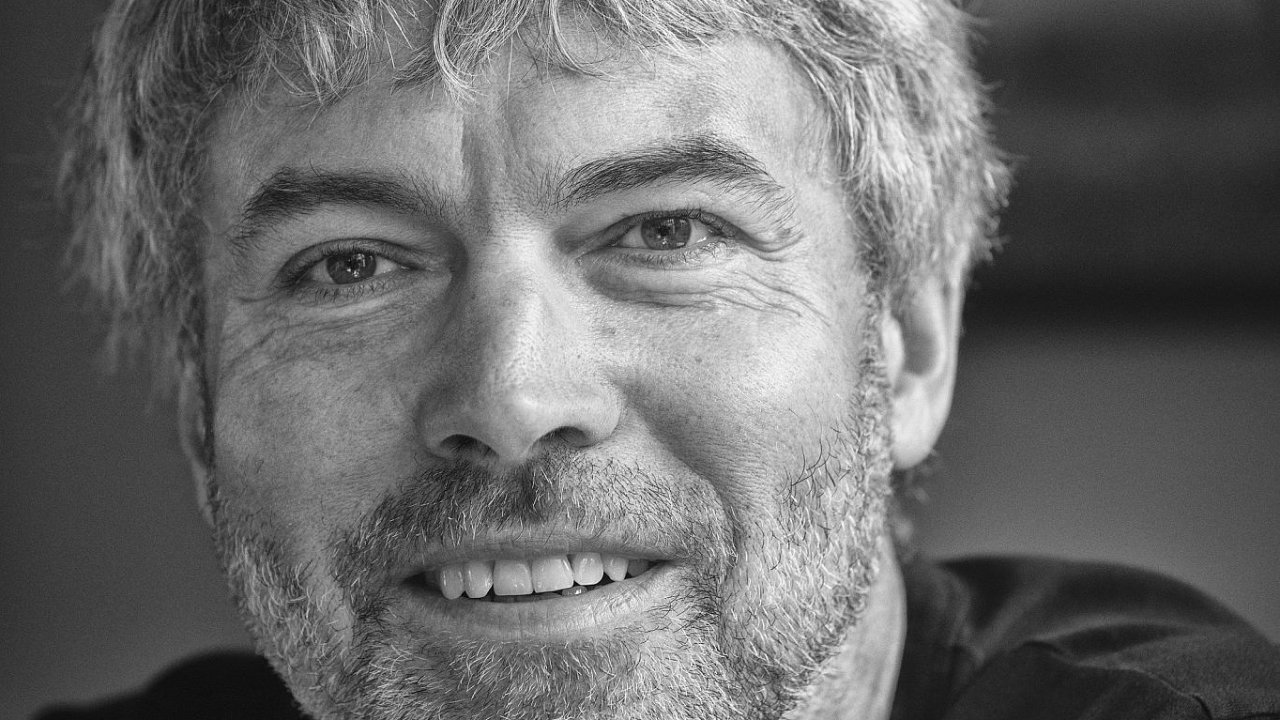
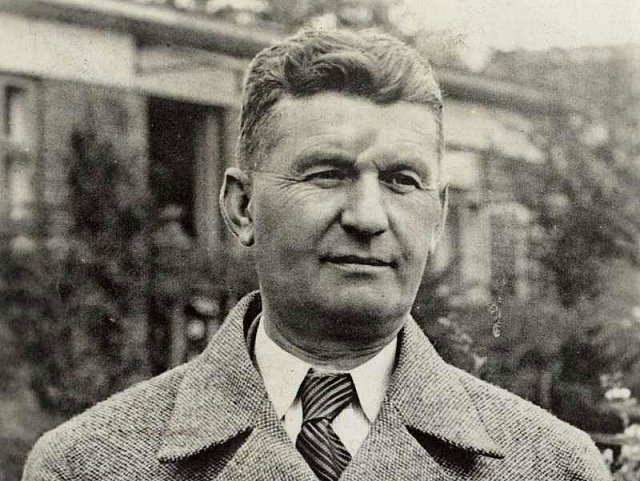

 Sinisa Ljepojevic, Tanjug senior correspondent London/Washington (aD), writter and author
Sinisa Ljepojevic, Tanjug senior correspondent London/Washington (aD), writter and author
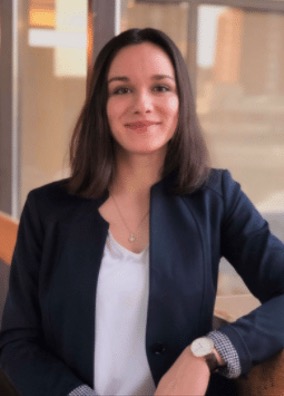 About the Author:
About the Author:




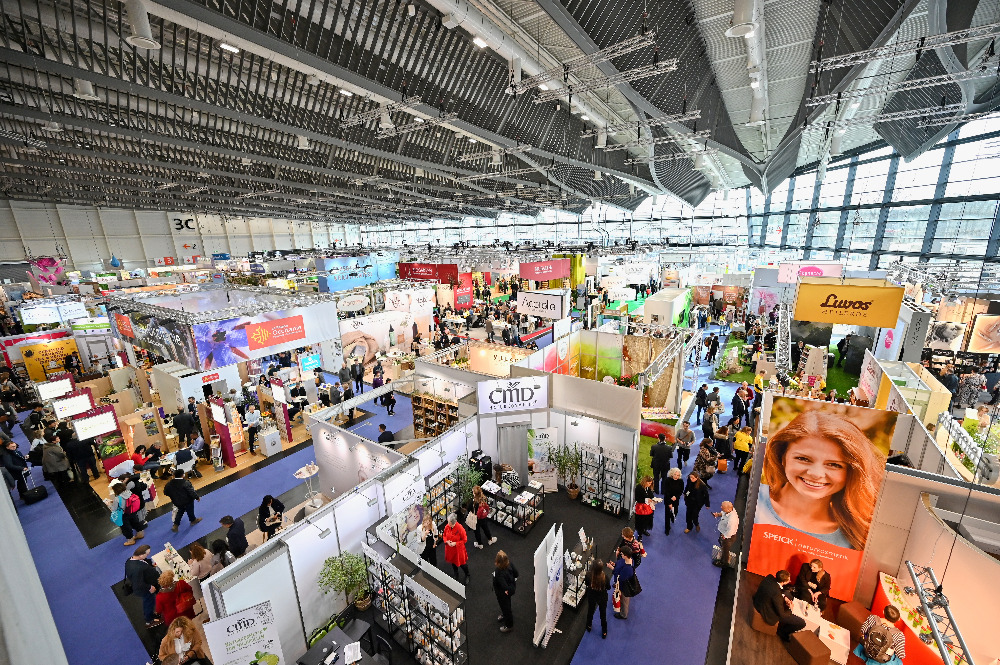
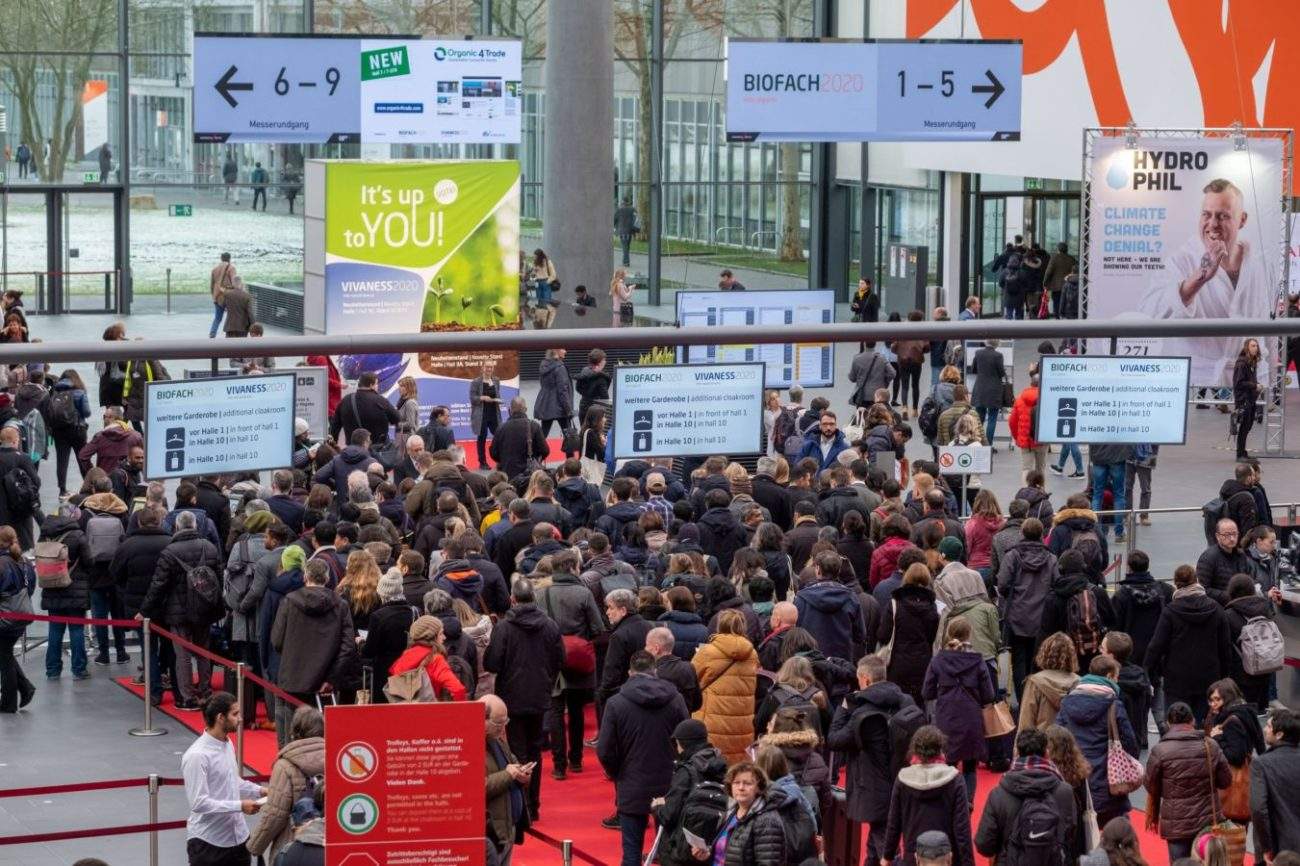

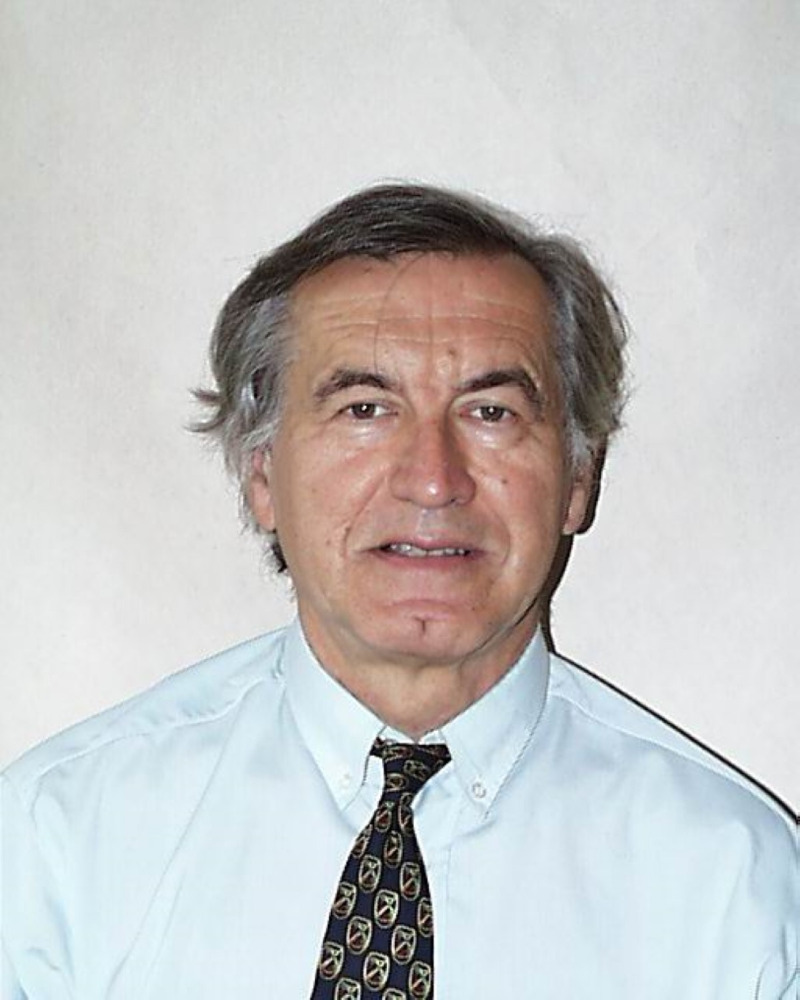


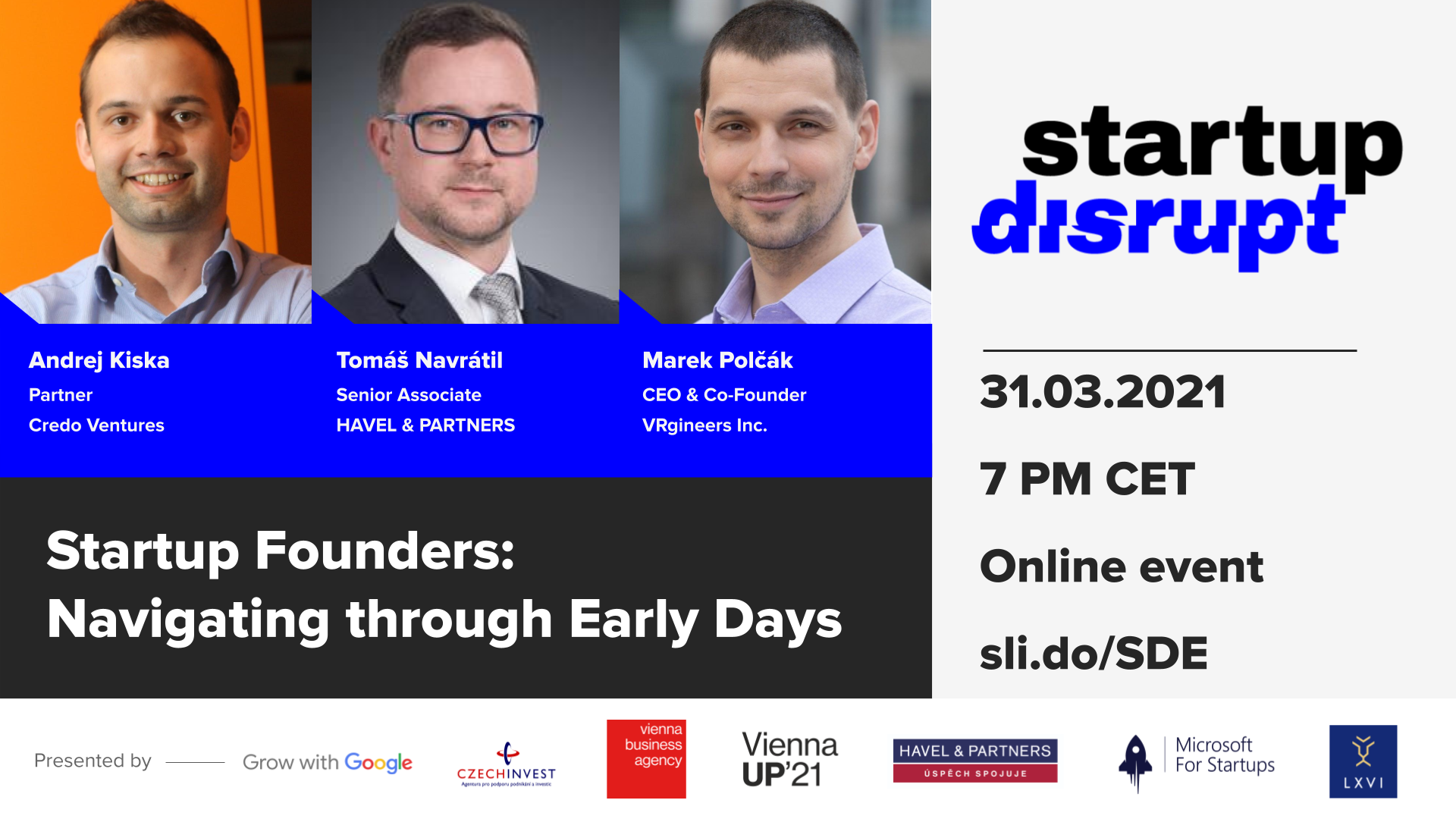

 About Author;
About Author;